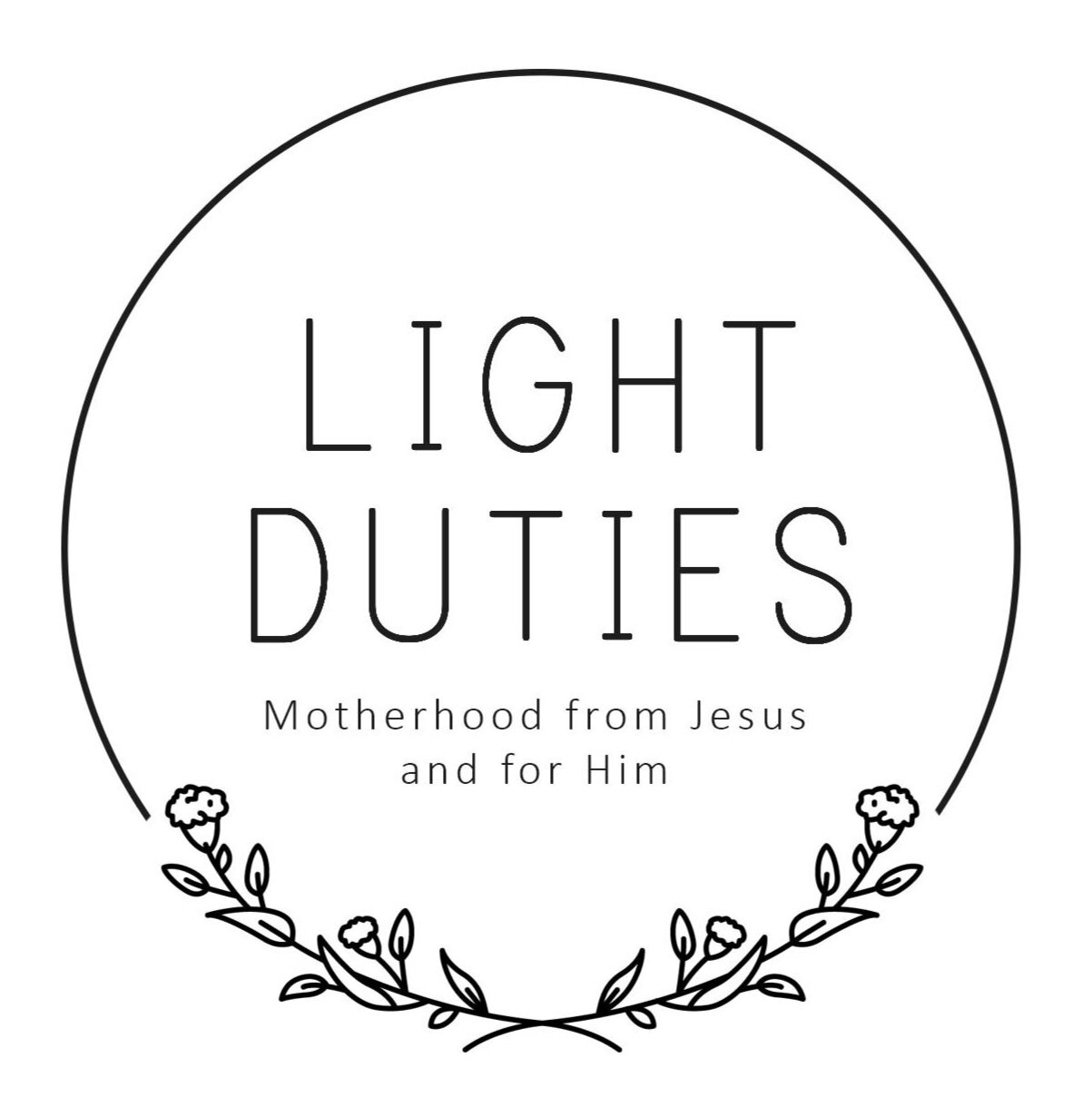#33. Is Worship the Right Word for Sunday?
I am standing in one particular context (an Australian conservative evangelical who is probably more theologically conservative than that), writing to women in many contexts. For this reason, some of what I notice about worship might be completely foreign to some of you. Different places have different blindspots. I pray the Lord makes it useful regardless of the differences. My goal is to consider these things in a way which actually does us some good as Christian mums, regardless of what is or isn’t happening in our churches. I want to challenge some assumptions only as much as it helps this purpose along, not for the sake of being critical in realms for which I have neither authority nor responsibility. So, I am trying to say only as much as does that. This comes from love for the Body of Christ.
For me, worship is a word which has become either unwieldy or unused, so this is an attempt to dust it off. For twenty years I have benefited profoundly from sound, expository, gospel-centred Bible teaching and for twenty years I have been very hesitant to use the word ‘worship’. When I talk to my kids, I have habitually described what we do in Sunday gatherings: we meet, we sing, we listen to the Bible, hear it explained, we pray; we serve and encourage others. But I have not called it ‘worship’. It’s a bit like describing all the instruments in the operating theatre, but not using the word, ‘surgery’.
When I deleted ‘worship’ from my vocabulary, it was a reaction against my youth in a culture which equated worship with electrifying music and the work of the Holy Spirit with that electricity. Once I was being taught the Bible, I came to see that music, and a clever worship leader, do not bring us into the throne room of God. Only Jesus—crucified, risen, reigning and mediating—does that (have you read Hebrews?). The lively stagecraft of music-centred ‘worship’ can be a reaction against formal traditionalism, where worship is the name given to an impersonal, dull liturgy. If we’re not holding an inadequate (or completely erroneous) view of worship, we might be reacting against one by deleting worship altogether.
Perhaps I’ve also resisted calling our gatherings ‘worship’, because I have been very conscious about how our gatherings look from the perspective of the unbeliever. In a church which is defined by evangelism, it’s easy to think that mission is the sole purpose of the church. We avoid things which would seem unfamiliar and strange, alienating to the visitor. The Sunday service becomes a Bible teaching session hosted by a friendly MC, someone who can make us all feel as welcome and comfortable as possible (it helps if they can turn a litany of announcements into something entertaining). As long as people are welcomed and being taught the Bible, we consider our object achieved.
God-centred worship is completely unnerving, because it reminds us of some terrifying realities. We don’t want our guests to be unnerved, lest they don’t come back. Come to think of it, perhaps we don’t want to be unnerved either. So we don’t lift our eyes or hearts to the Lord. But, in keeping our eyes down, we miss the glorious provisions Jesus made for that terrifying reality. We only find the comfort of nearness to God after first facing how alienated we deserve to be.
Careful Bible teaching is a really good thing, but it can get stuck on the road and forget where it’s going. When we prioritise sound Bible teaching—and may the Lord keep us from ever abandoning it—we arrange what seem to be the best spaces for various groups to learn the Bible, in age appropriate ways. This makes perfect sense if the only thing we’re trying to achieve is increased Bible knowledge. Knowledge is complete only when it arrives at worship. If we’re aiming to grow worshippers, then we’re creating some confusion when we replace worship with age appropriate Bible classes.
When church is all about the Bible teaching, evangelism and fellowship, our focus is on, at worst ourselves, or at best, others. Our eyes are on the horizontal activity, person to person. A friendly welcome, sound Bible teaching, mutual encouragement are good things and we wouldn’t want to do less, but it is possible to have these things and have stunted worship. Long seasons of lockdowns have amplified these questions. We can achieve all the functions of our meetings remotely, online, or in other ways, so, what makes the sum of our Sunday gatherings more than its parts?
The problem with ignoring corporate worship is that the Bible doesn’t. Worship of some kind is on every page, start to finish. Corporate worship happens at all the high points of salvation history. God really seems to like it. Worship is more than God’s word being taught. It is more than mutual encouragement. It is about coming together, to the living God, in reverence and awe, trembling with joy, safe only by the means he has decreed. Music is not the way into the throne room of God, but the throne room is there. When God’s people are gathered, in submission to his word, made clean and brought into his presence through Jesus, sharing in the one Holy Spirit, we are participating in heavenly worship. We are alive in the heavenly realms. We need to be reminded of this, because we can’t see it and it’s easily forgotten. Our Sunday gatherings are for expressing and being reordered around the unseen.
As we worship on earth as it’s done in heaven, God will bring in more people who, like us, were once far off and hostile; they will be brought into worship through Jesus. Gathering for God-centred worship isn’t a barrier to mission, it is the goal of it and the means of it. Worship isn’t just for teaching our intellects (though it will certainly include that). It is for re-ordering how we—and our neighbours—see reality. It’s the message and the microphone. In corporate worship, we’re not just going to learn about God. We do that every day of the week, in many different ways. We are going to worship in a way we don’t do every other day, in a way we can’t do alone.
I’m repenting of my neglect of the word, and with it the reality of, worship. This work of motherhood is ultimately about being a worshipper and raising worshippers, so it’s worth using the word, especially on Sunday, when we worship especially.


